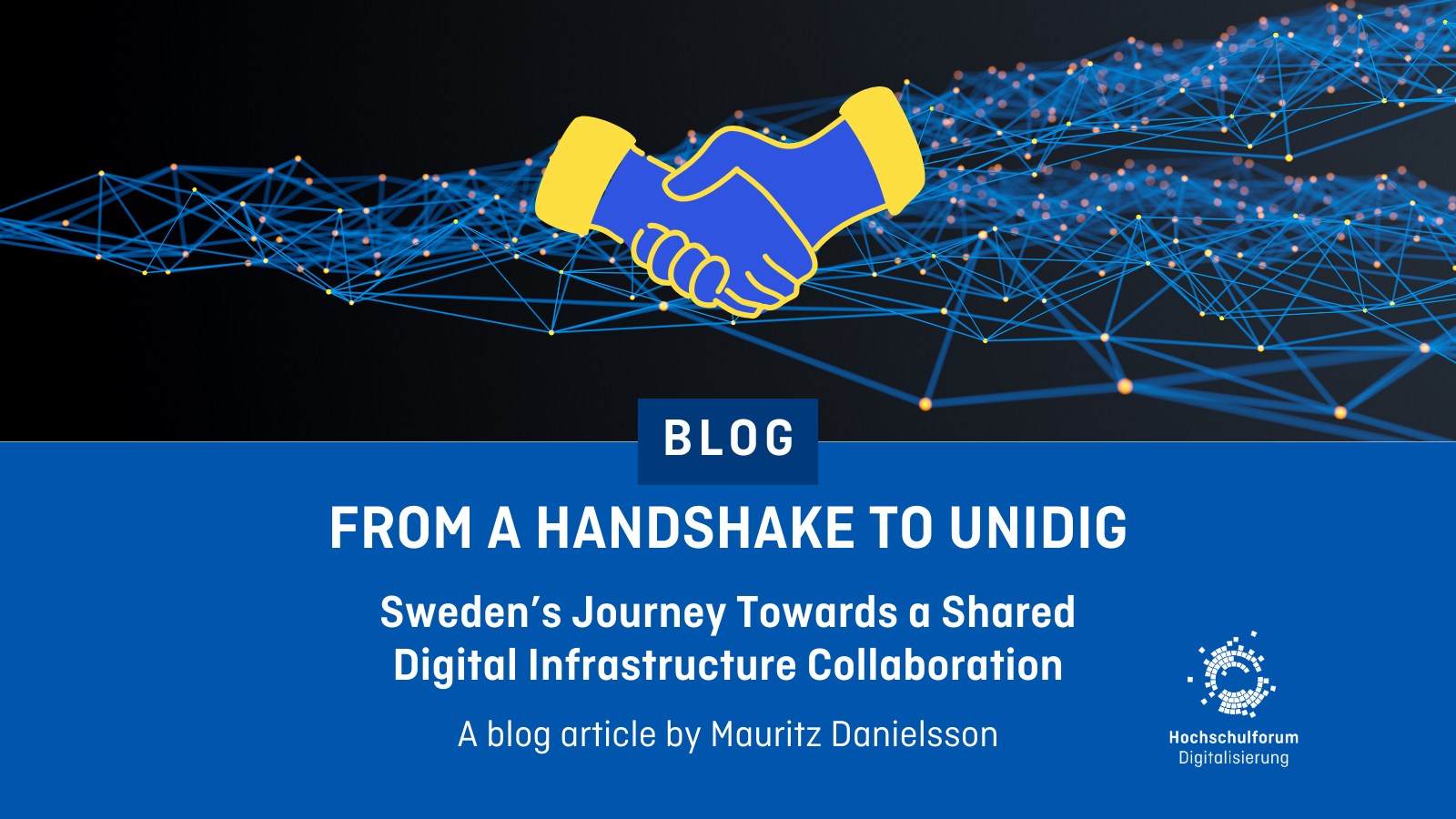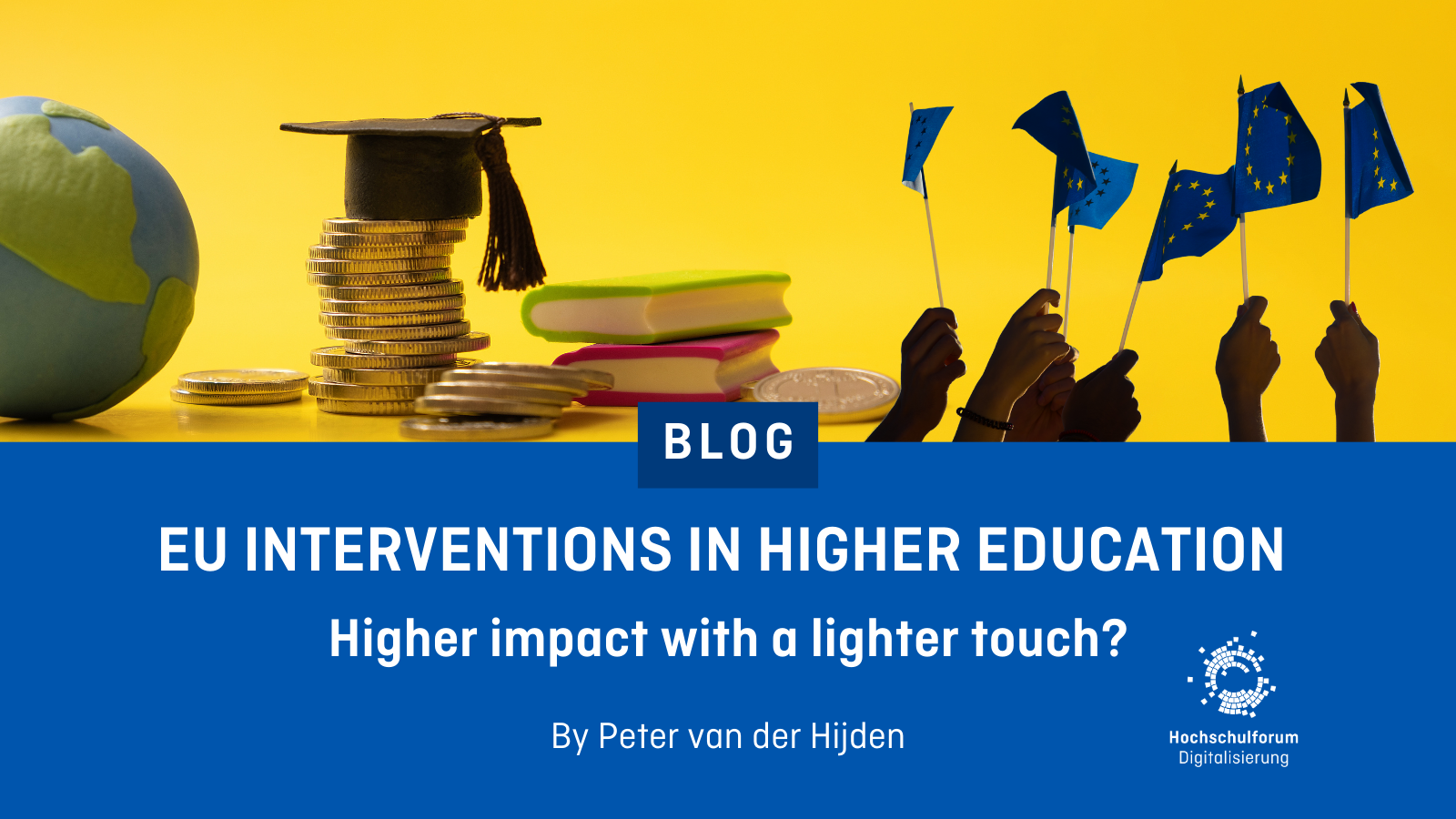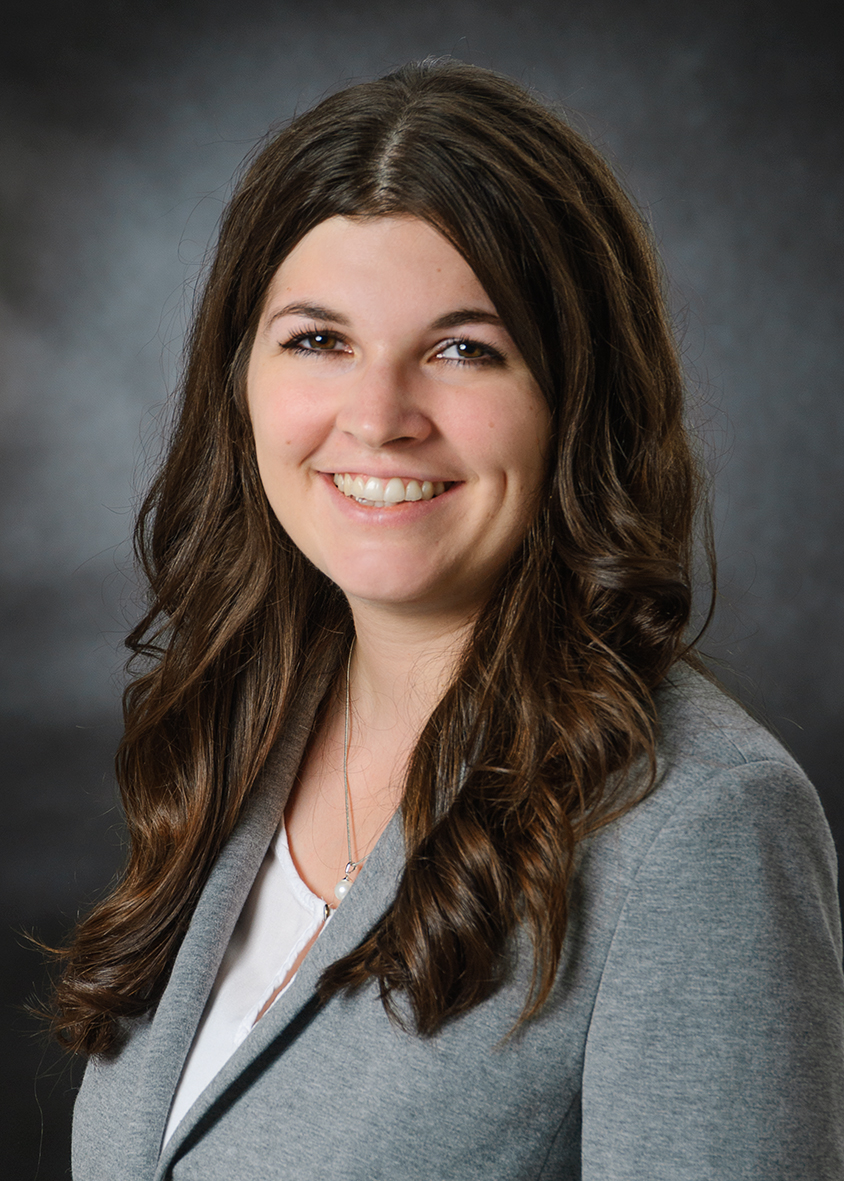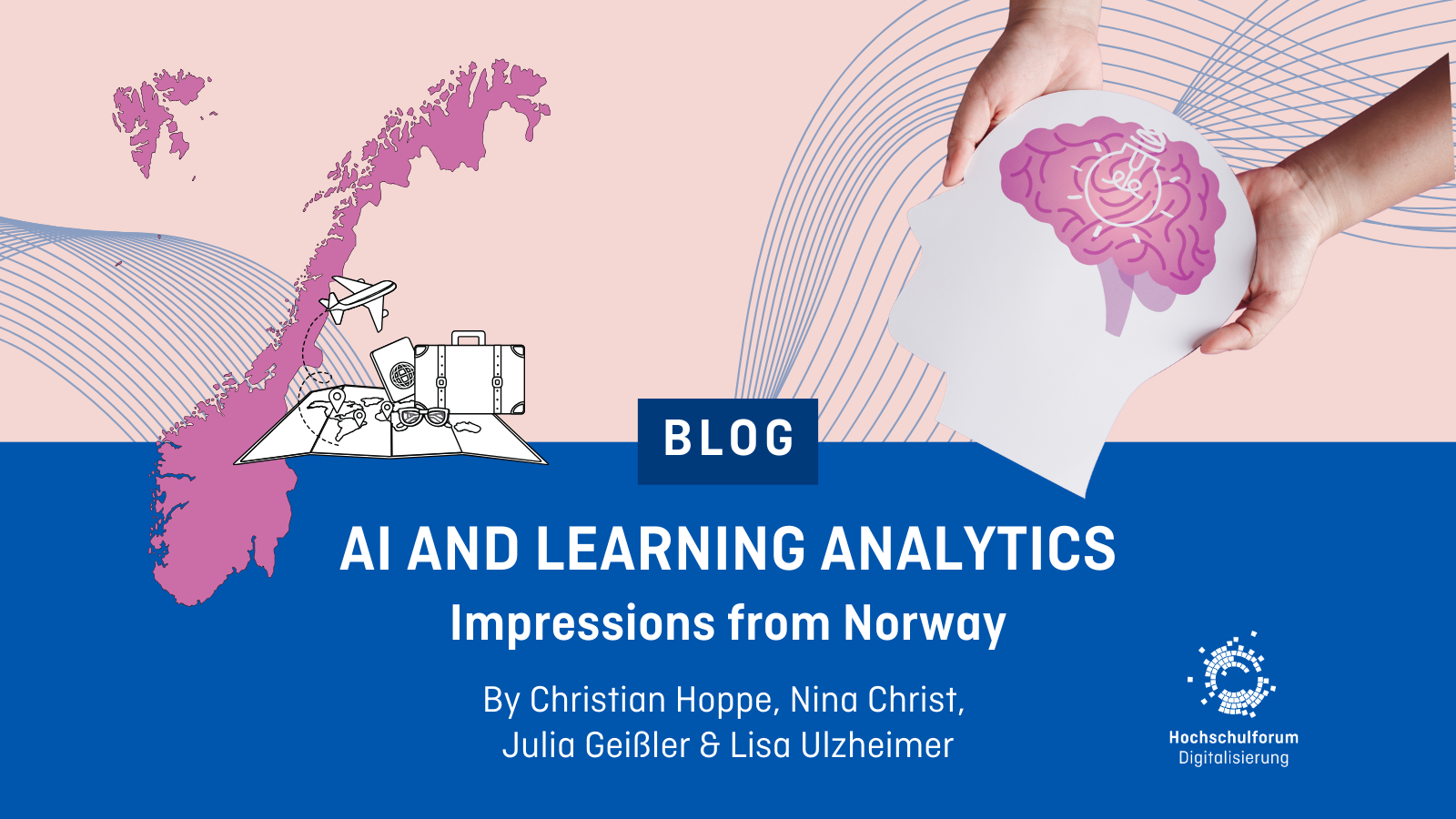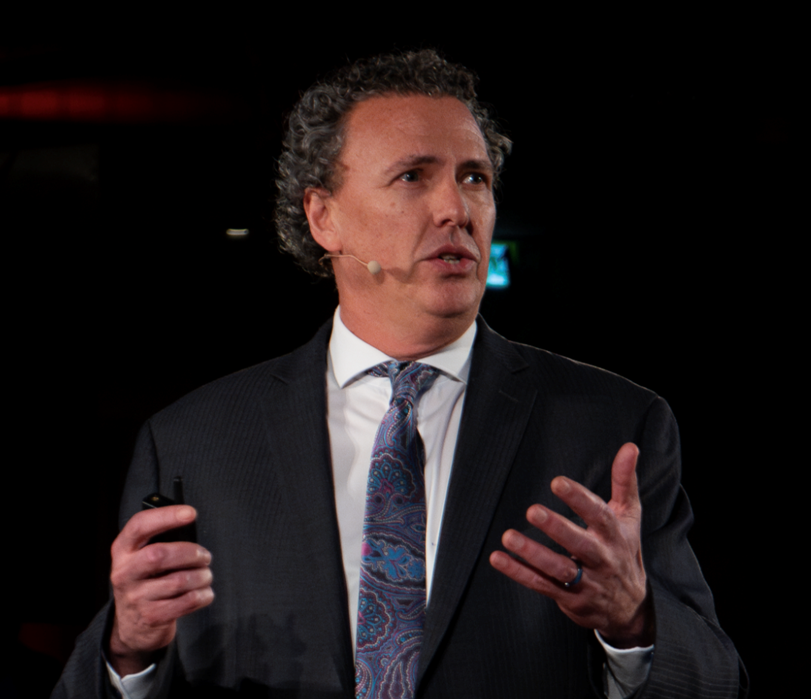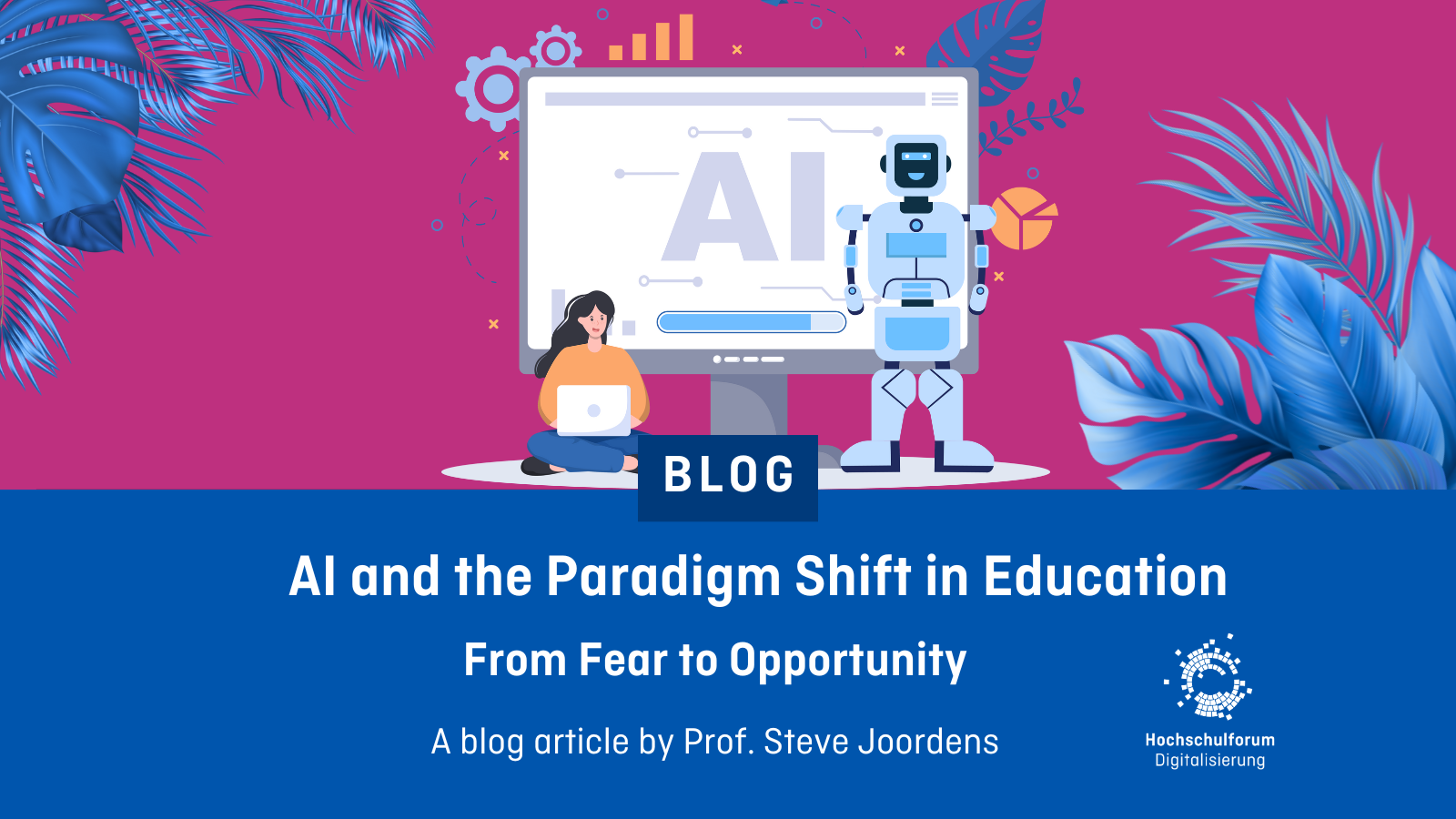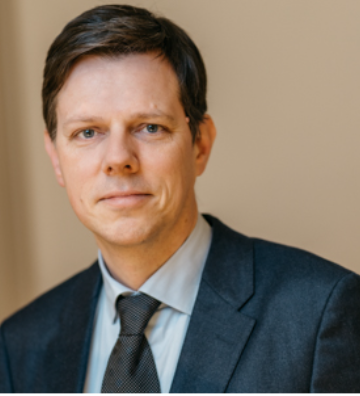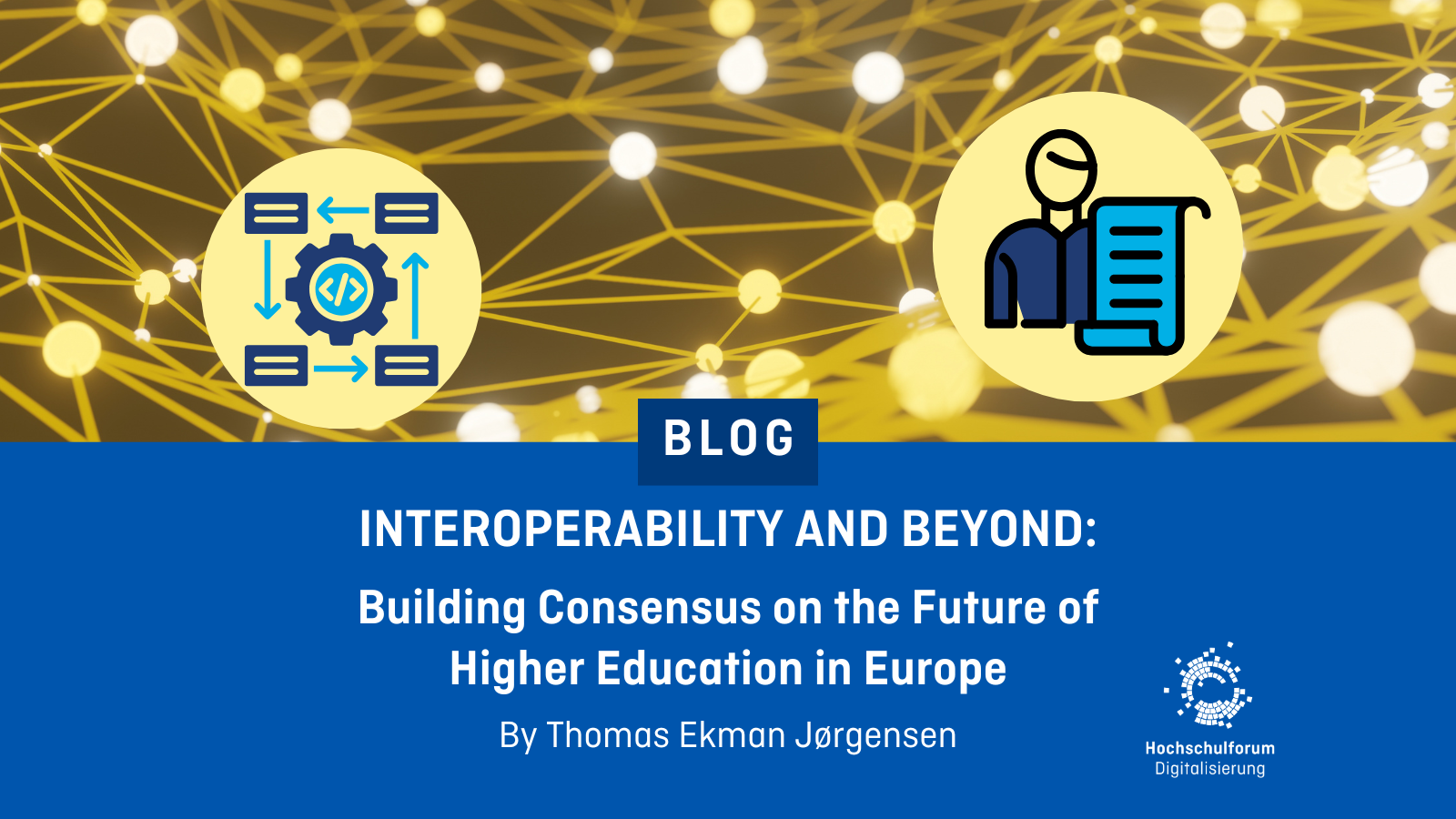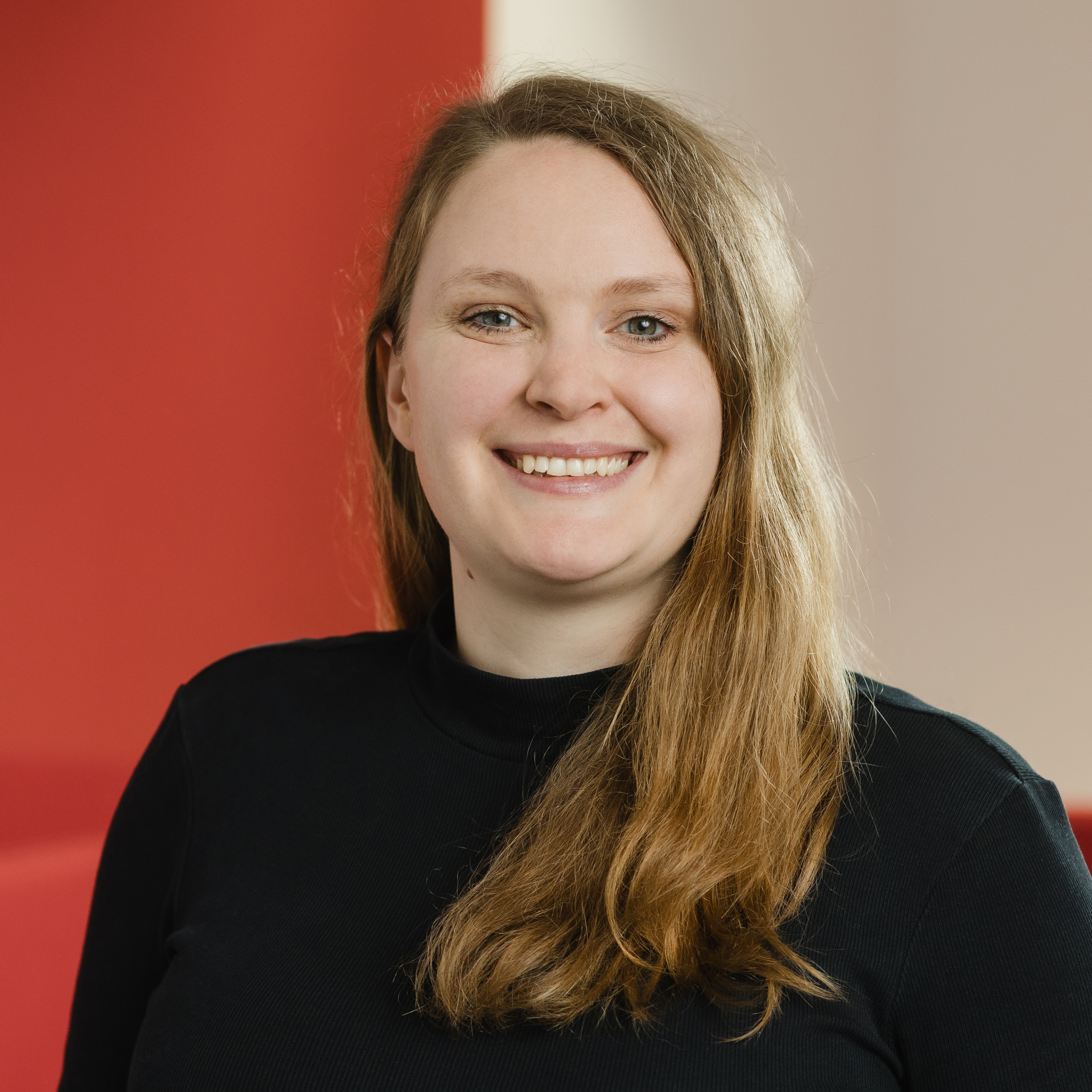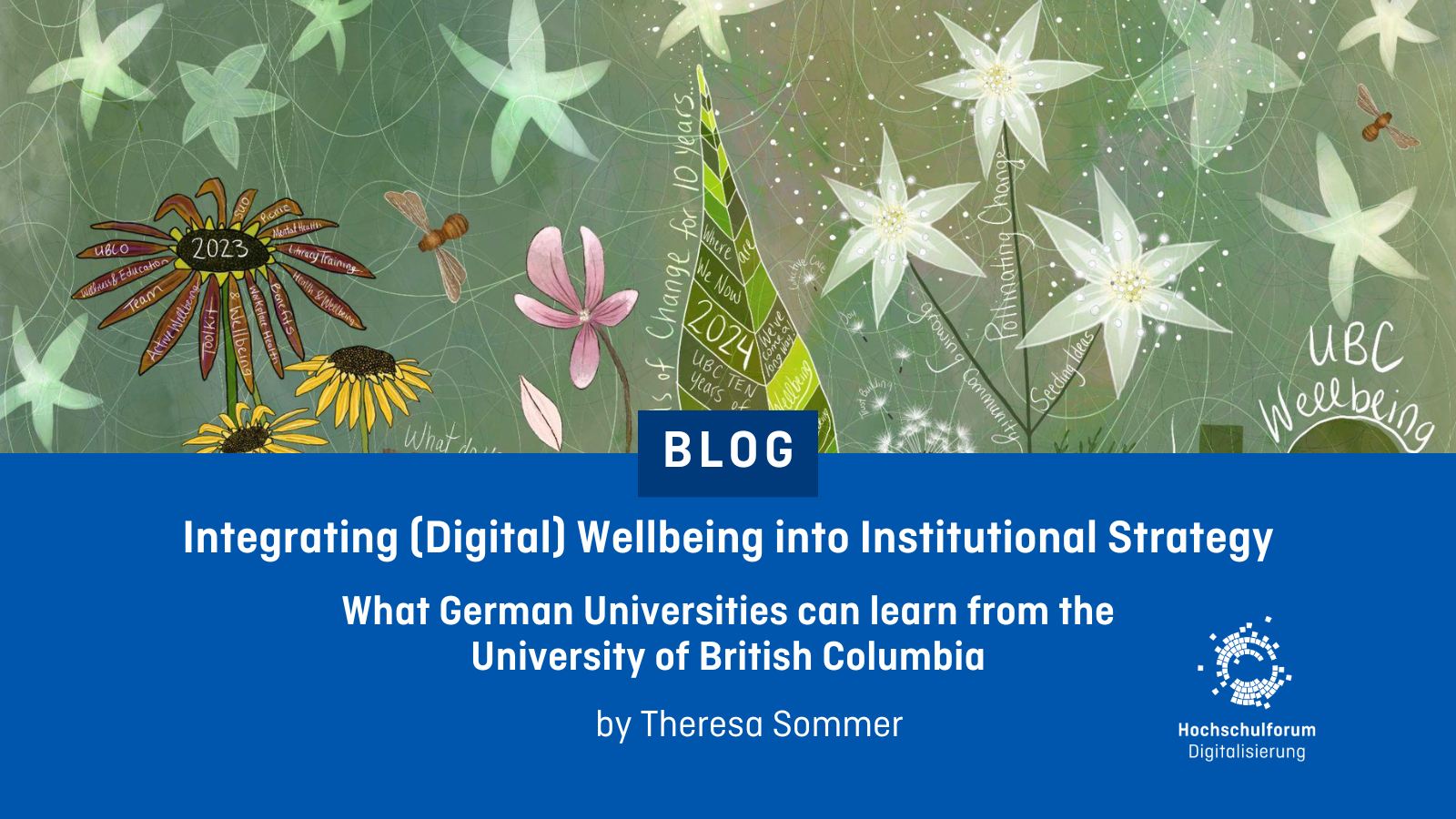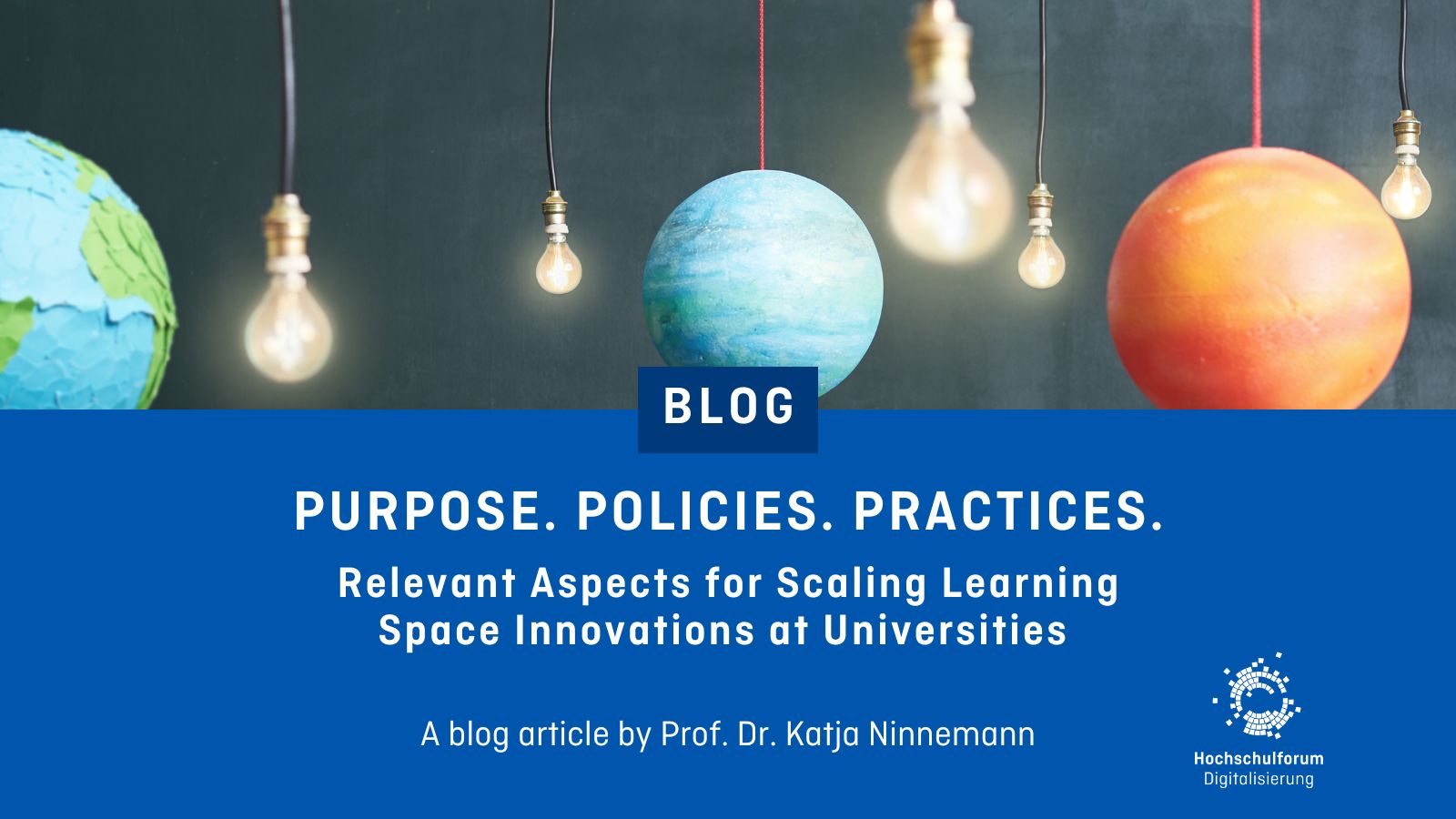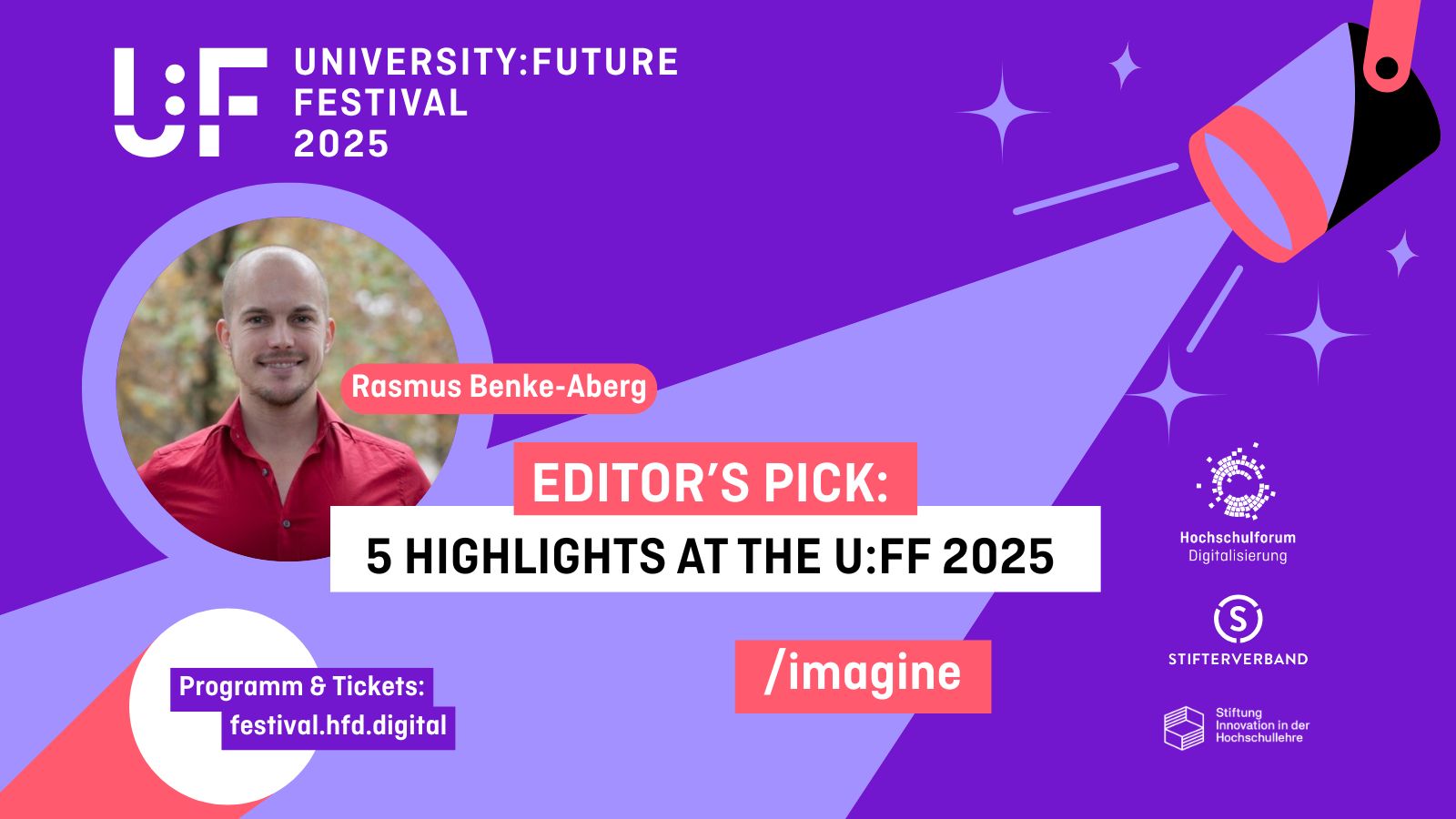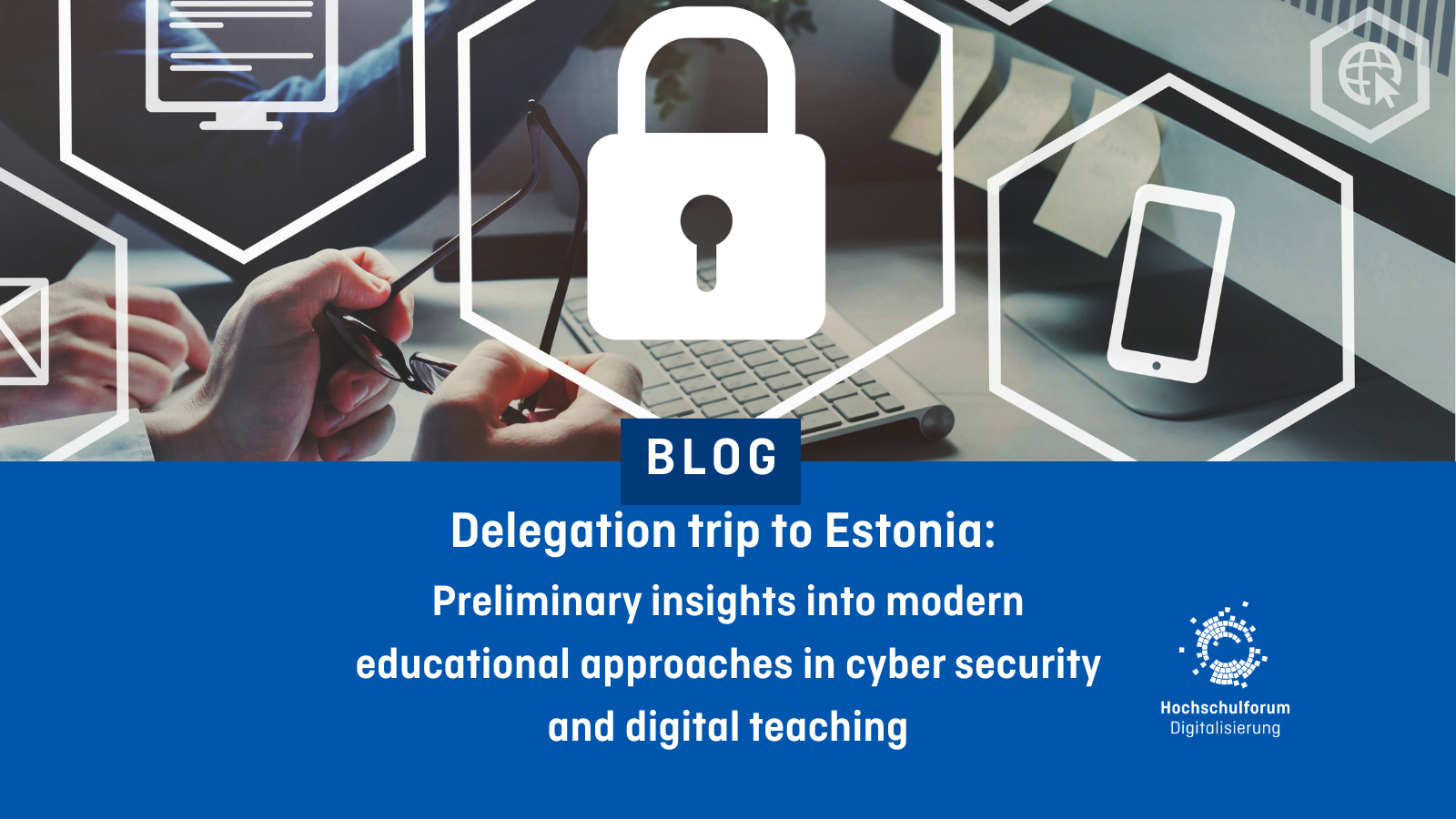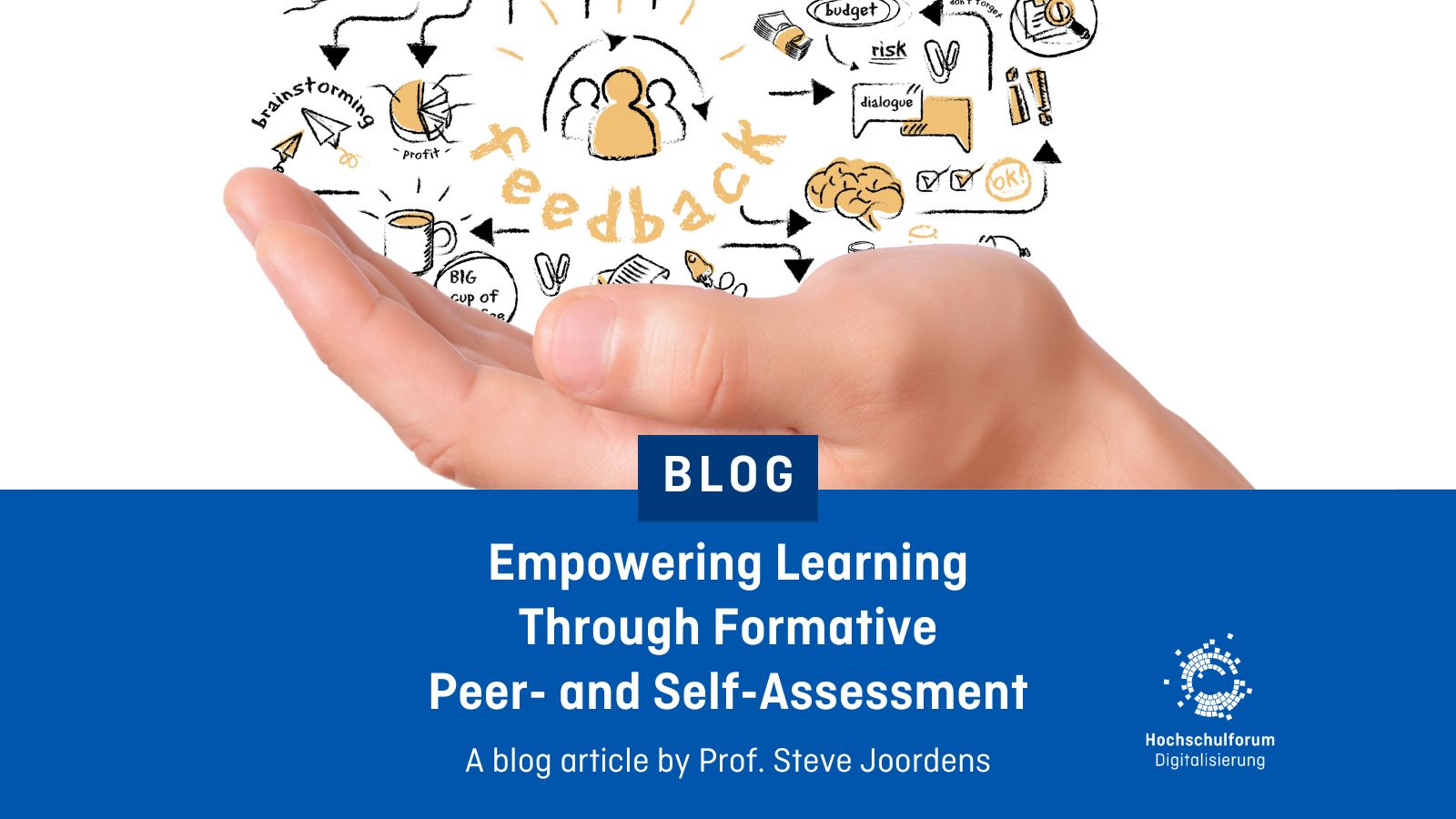From a Handshake to UniDig: Sweden’s Journey Towards a Shared Digital Infrastructure Collaboration
From a Handshake to UniDig: Sweden’s Journey Towards a Shared Digital Infrastructure Collaboration
Sweden’s universities recently made a breakthrough by joining forces with UniDig, creating a powerful alliance that sets a new standard for higher education collaboration. Sweden’s model is a reminder that and shows how Germany’s universities and the Hochschulforum Digitalisierung community can also make the most of national challenges by working together, taking action, and using digital services together.
